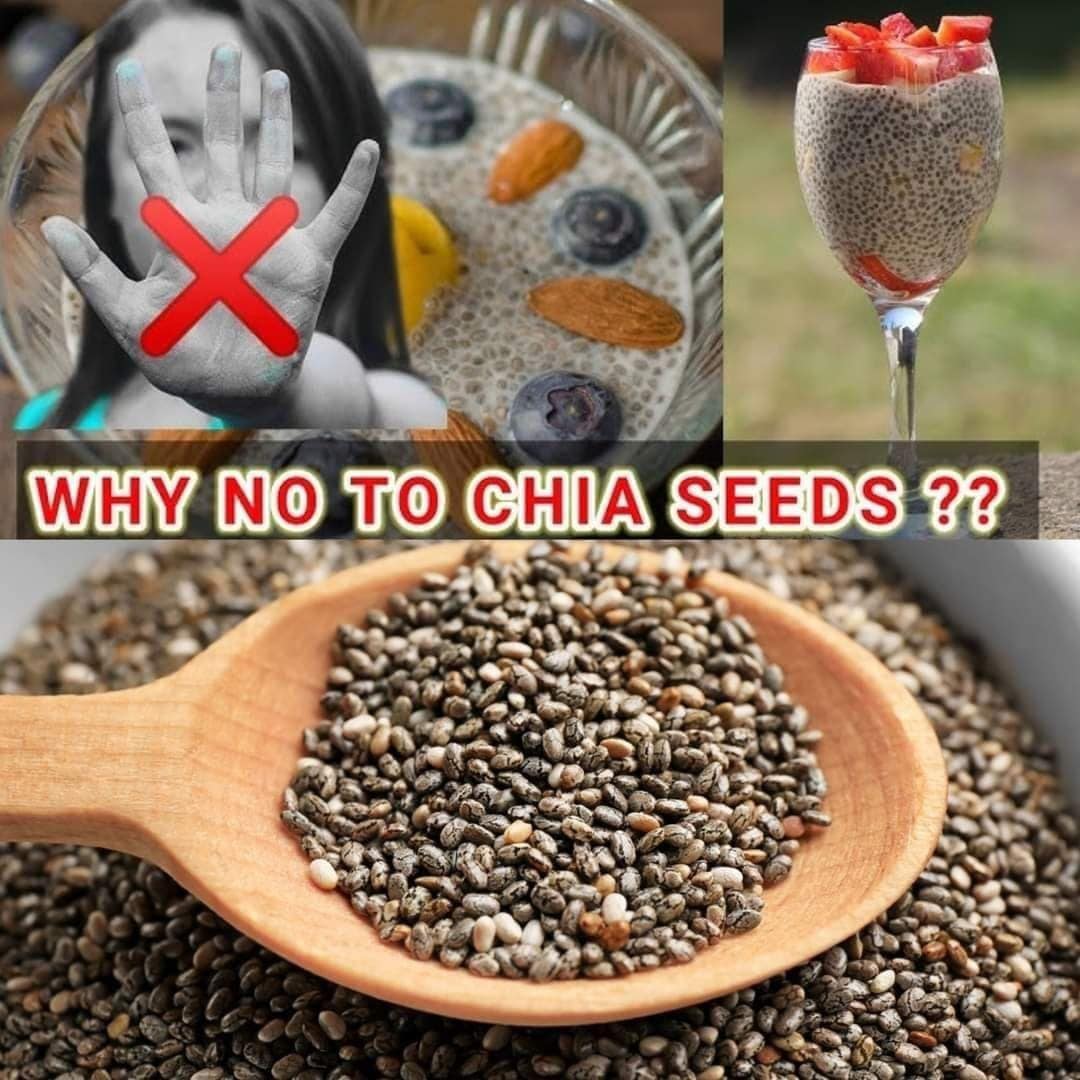ADVERTISEMENT
Are Chia Seeds Bad for You? Debunking the Myths and Understanding the Benefits
Chia seeds have gained widespread popularity in recent years due to their impressive nutritional profile and versatility in the kitchen. They are often hailed as a superfood, packed with essential nutrients like fiber, protein, healthy fats, and antioxidants. You’ll find chia seeds sprinkled on everything from smoothies to salads, in puddings, and even used as an egg substitute in vegan recipes.
However, with the rise of any trendy food comes a wave of concerns and skepticism. Some people wonder: Are chia seeds bad for you? Can something so healthy have hidden dangers? Let’s explore the facts about chia seeds to determine whether they truly live up to their superfood status or if they have potential drawbacks.
The Nutritional Powerhouse of Chia Seeds
Before delving into potential concerns, it’s helpful to understand why chia seeds have earned their “superfood” reputation. These tiny black or white seeds are packed with a host of nutrients, making them an excellent addition to your diet. Here’s a breakdown of what chia seeds offer:
- Omega-3 Fatty Acids: Chia seeds are one of the best plant-based sources of omega-3 fatty acids, which are essential for heart health, reducing inflammation, and supporting brain function.
- Fiber: A 1-ounce (28g) serving of chia seeds provides about 10 grams of fiber, which is roughly 40% of the recommended daily intake. This high fiber content promotes digestive health and helps regulate blood sugar levels.
- Protein: Chia seeds are a good source of plant-based protein, with about 4 grams per ounce. They contain all nine essential amino acids, making them a complete protein.
- Antioxidants: Chia seeds are rich in antioxidants, which help fight oxidative stress and protect your cells from damage.
- Minerals: Chia seeds are an excellent source of calcium, magnesium, and phosphorus, which are vital for bone health.
Given these impressive benefits, it’s no surprise that chia seeds are often considered a healthy addition to a balanced diet. However, as with anything, it’s essential to consume them correctly and in moderation.
Potential Drawbacks and Risks of Chia Seeds
While chia seeds offer numerous health benefits, there are some important considerations to keep in mind before incorporating them into your diet. Below, we’ll explore some of the concerns and risks associated with chia seeds.
1. Choking Hazard (Especially When Not Soaked)
One of the most significant concerns with chia seeds is their ability to absorb liquid and expand. When chia seeds come into contact with water, they swell and form a gel-like texture. This property makes them an excellent thickening agent for smoothies, puddings, and other dishes.
However, if you consume dry chia seeds without soaking them first, they can absorb liquid in your mouth or throat, potentially causing a choking hazard. This is especially true for people who have difficulty swallowing or young children. To avoid this risk, always ensure that chia seeds are properly soaked before consumption. If you prefer them dry, make sure to drink plenty of water with them to help them expand safely in your stomach.
2. Digestive Discomfort
While the high fiber content of chia seeds can support digestive health, it can also cause issues for individuals who aren’t used to consuming high amounts of fiber. Eating too many chia seeds at once, especially without adequate hydration, can lead to bloating, gas, or even constipation.
To avoid digestive discomfort, it’s best to gradually introduce chia seeds into your diet and drink plenty of water. Start with a small amount—about one tablespoon—and increase the portion size as your digestive system adapts.
For Complete Cooking STEPS Please Head On Over To Next Page Or Open button (>) and don’t forget to SHARE with your Facebook friends
ADVERTISEMENT
